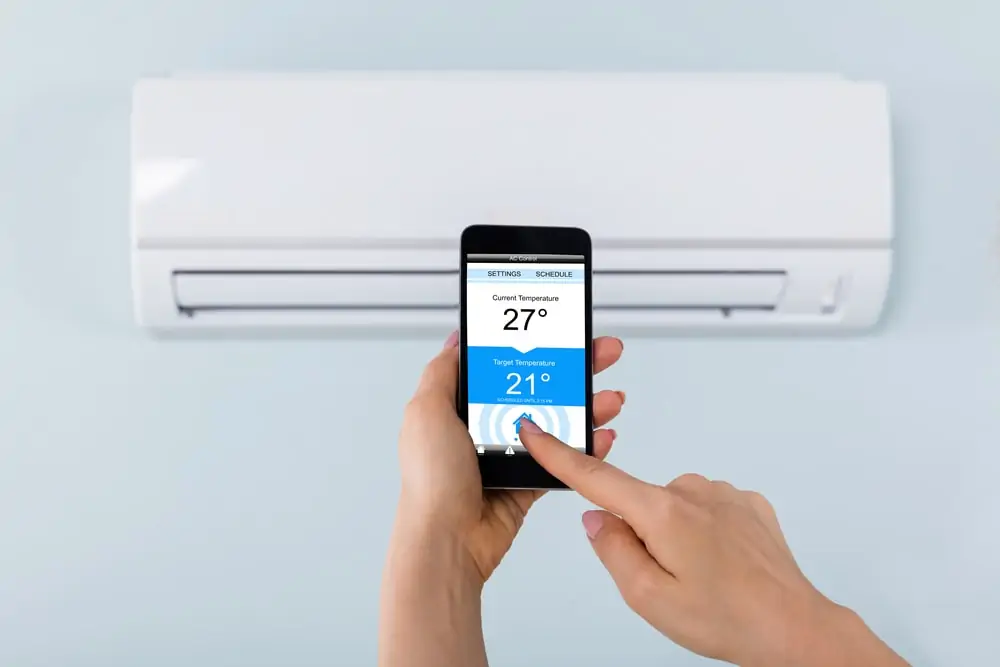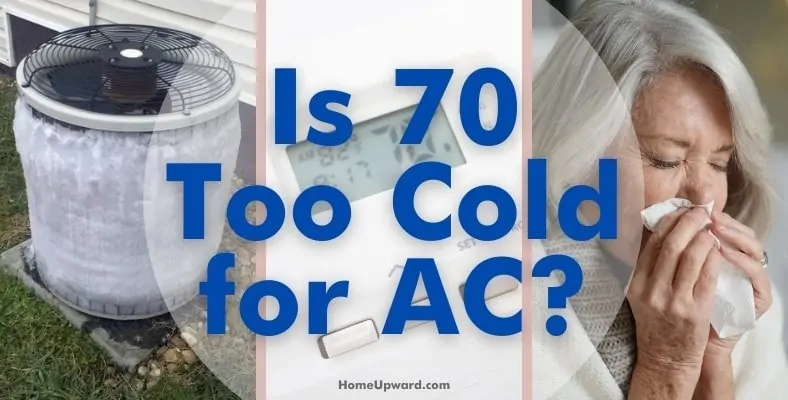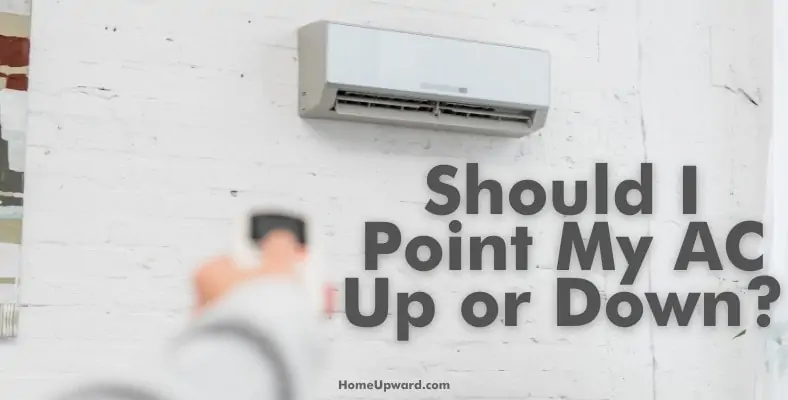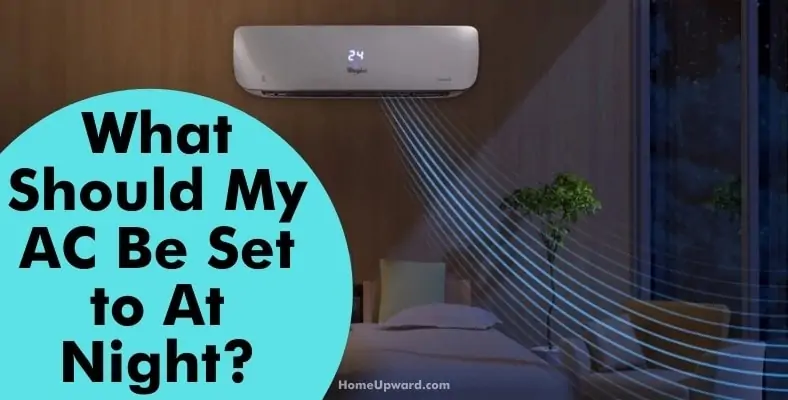Your air conditioner is a super important way to keep comfortable. But does it matter much what temperature it’s set to? And will you spend less money each month if there’s a better way?
Read on to find out.
Contents
General AC use basics you need to know
Mostly this is all about your own personal preferences. If you like to stay very cool, then lower your AC temperature. If you’re a freezer and need some warmth, crank it up a notch.
That being said, there is a recommended temperature that’s sort of a “sweet spot” and that you should use.
Energy use and air conditioning
According to the Department of Energy, 78 degrees is the perfect temperature if you’re looking for a balance between energy savings and comfort. At 78 degrees, your home should be cool enough even in the summer months. However, it shouldn’t max out your energy bills either.
If you do want to save some money but find 78 degrees to be too warm for you, reduce the temperature by a few degrees at a time.
By slowly lowering the temperature, you’re more likely to find a stable, comfortable temperature. If you blast out cold air as soon as you get warm, you usually end up getting too cold after a while and having to heat the house back up. This is a waste of time and money.
Another way to save a bit of cash if you like to keep your house cooler is to set the AC higher when you’re out. By putting the AC at 85 degrees while you’re away, you’re not wasting energy cooling an empty house.
Is 70 Too Cold for AC?
In most cases, 70 degrees is far too cold a temperature for your AC to run at. This is true of most AC units, though some may have a lower limit of about 65 degrees.
At 70 degrees and below, your AC won’t be able to cool your house down any further. Largely this is due to the fact that the insides have stopped working.
The reason that you don’t want to be running your unit at 70 degrees or below, is because it can freeze the internal components. In particular, you will find that your evaporator coil begins to freeze, which can ruin the unit.
This happens because the AC is working too efficiently, in essence. It has cooled the house as much as it can, and the cold air begins to cool down the unit itself.
Inside the unit, the temperature is already lower than your home, which is why the evaporator coil quickly reaches 32 degrees and begins to freeze.
If your unit is frozen, you need to turn the AC off but leave the fan on. This allows warm air to circulate within the system and cause the ice to thaw. You cannot use the AC until it has completely defrosted.
So, far from making your home cooler, turning the AC down to 70 actually does the opposite. It will put your AC out of action, which means you’ll end up hot and sweaty while you wait for it to defrost.
Should I Point My AC Up or Down?
When positioning your AC unit, you may be tempted to point it directly down at your bed, couch, or desk. In theory, this makes sense. You want cold air in a specific spot, so you point the cold air machine in that direction, right?
Wrong! The most efficient way to cool a room is to point your AC unit upward. Obviously, you don’t want it pointing directly at the roof, but it should point up and away from the mounting wall.
The reason for this lies in thermodynamics. You see, cold air is heavier than warm air. This means that when cold air is pumped into a room, it will sink.
If you point your AC unit towards the ground, the cold air will drop directly below the unit. This might be good for cooling one spot, but it’s not the right way to cool a room.
When you point an AC unit up, it projects the cold air further. The fan sends the cold air up and out into the center of the room. As the air continues to travel, it drops lower and lower. With this kind of trajectory, more of the room is cooled by less air.
What Should My AC Be Set to At Night?
Again, this does come down to personal preference more than anything. Some people run really warm when they sleep, so they feel the need to lower the temperature. Other people like to be snug and warm, so they raise the temperature.
What’s important to remember, is that the outside temperatures drop at night. This means that you won’t need the AC up as high to keep things cool.
The Department of Energy recommends that you set your thermostat to 82 degrees at night. To many, this is an outrageous temperature, and rightly so. That’s the average west coast summer temperature!
The National Sleep Foundation recommends that bedrooms be kept between 60 and 62 degrees. Apparently, this is the best temperature for your body to fall asleep at.
On average, people tend to keep their bedrooms at about 68-76 degrees. That falls somewhere in the middle of the Department of Energy’s figure, and the National Sleep Foundation Figure. The key is to work out what you’re comfortable with.
If you’re shivering in full-length pajamas and a comforter, then the AC is probably on too low. Try turning it up a few degrees and seeing if you’re more comfortable. Equally, if you wake up in a bath of sweat every night, you need to lower the temperature slightly.
If you want to save money, try sleeping under lighter comforters or sheets. Also, consider wearing shorter or lighter pajamas during the summer months. If you have a bedfellow, you’ll often find that they raise the temperature.
You might not be able to kick them out, but you can limit the number of people and animals in your bed. Stop pets and children from sleeping with you to keep yourself cooler without blasting the AC all night.




